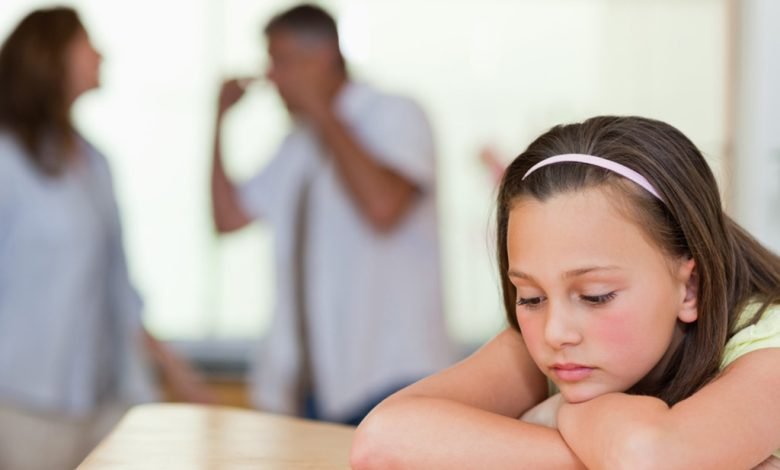How Divorce Can Affect A Child’s Development?

Divorce is one of the most difficult things to go through. It might render some positivity only when the process has wrapped up and the people are direct receivers of the process have moved on. The receivers are the husband, wife and kids. Kids are normally too young to cope up with the repercussions. The child custody solicitors may give jury a strong case to give guardianship of your kids to you, but custody is not enough. One must make sure that kids are not being affected by the decisions of their adults.
There are several ways in which divorce affect a child’s development. Knowing about them can help you lower the risk to a larger level. Children are adaptable, and with support, the divorce transition can be viewed as an adjustment rather than a crisis.
Academic Disturbance
Children may become distracted when trying to comprehend the altering family conditions. One of the repercussions of divorce on children could be evident in their academic achievement due to this disruption in their daily attention. The more distracted children are, the more probable it is that they won’t be able to focus on their schoolwork.
Emotional Impact
The emotional suffering varies for kids of different ages. Nonetheless, divorce does cause every child a trauma. While some kids struggle to understand the causes of what resulted in the divorce, other kids want both parents to be back and be with them. This ends up in kind of confusion and when they see that their parents are not getting back together it makes them doubt the feelings of their parents. They may not easily trust parents. They will feel anger and disappointment which ay overcome in their actions from time to time.
In some situations, children who are feeling overburdened and unsure of how to handle the effects of divorce may become irate or hostile. There might be causes that trigger them. Usually, they are conceived notions that trigger them. One must address their kids to not let such a behavior dominate them. Children going through a divorce could act out in anger toward their parents, themselves, their friends, and other people. It’s crucial to be aware that this anger may be a persistent effect of the divorce on children if it does not go away after a few weeks, even though this is the case for many kids. Some kids might even feel at ease if the relationship between their parents was toxic.
Social Life Might Be Disturbed
Children may develop significant shyness or anxiety. They probably have a lot on their minds and feelings right now. They might appear uninterested in social situations, such as being with friends or going to school events, or even afraid of them. Increasing your child’s self-assurance and inner dialogue may encourage them to come out of their shell once more because low self-image is linked to both divorce and social withdrawal.
Separation Anxiety
One of the most common psychological issues in the infant population is anxiety in youngsters brought on by parental separation.
Due to the sudden separation from one parent during the divorce, which they may see as a traumatic occurrence that predisposes them to respond nervously in daily separations, children of divorce are more likely to suffer from this disorder.
Mental Issues
The psychological problems that divorced parents’ children experience are more severe irrespective of age, gender, or culture. Children who experience divorce may experience an adjustment disorder that passes in a matter of months. However, research has also shown that kids of divorced parents have greater rates of anxiety and sadness.
How to Deal With Kids After Divorce
One can help their kids during this rough patch of life. By active participation and involvement, the adaptation would be easy. Otherwise, your child will feel irrelevant if you are not invested in them or don’t make time for them. Children wish for the contributions of both their parents to their lives. Be expressive to your kids so that your child never doubts your love for them. Make time for them.
Do not argue in front of your kids particularly when the argument is about them. They would consider their being as a root to the issues that you people as family are facing . This causes guilt as a result. Leave kids out of your arguments or discuss them in a mature way without making your kids hear about it. Do not use your kids as communication tools. Instead, have a direct conversation with the other parent. Moreover, children should be informed honestly about why you are divorcing, but in an understandable manner. Be prepared and deliver information with care. Tell the youngster in person, if at all feasible. Describe the forthcoming changes to your living situation, activities, daily schedule at school, etc.
Final Say
Though divorce is a rough time for the couple too, each parent must strive to be supportive of their kids. One has to remain strong so the kids can anchor on them.



